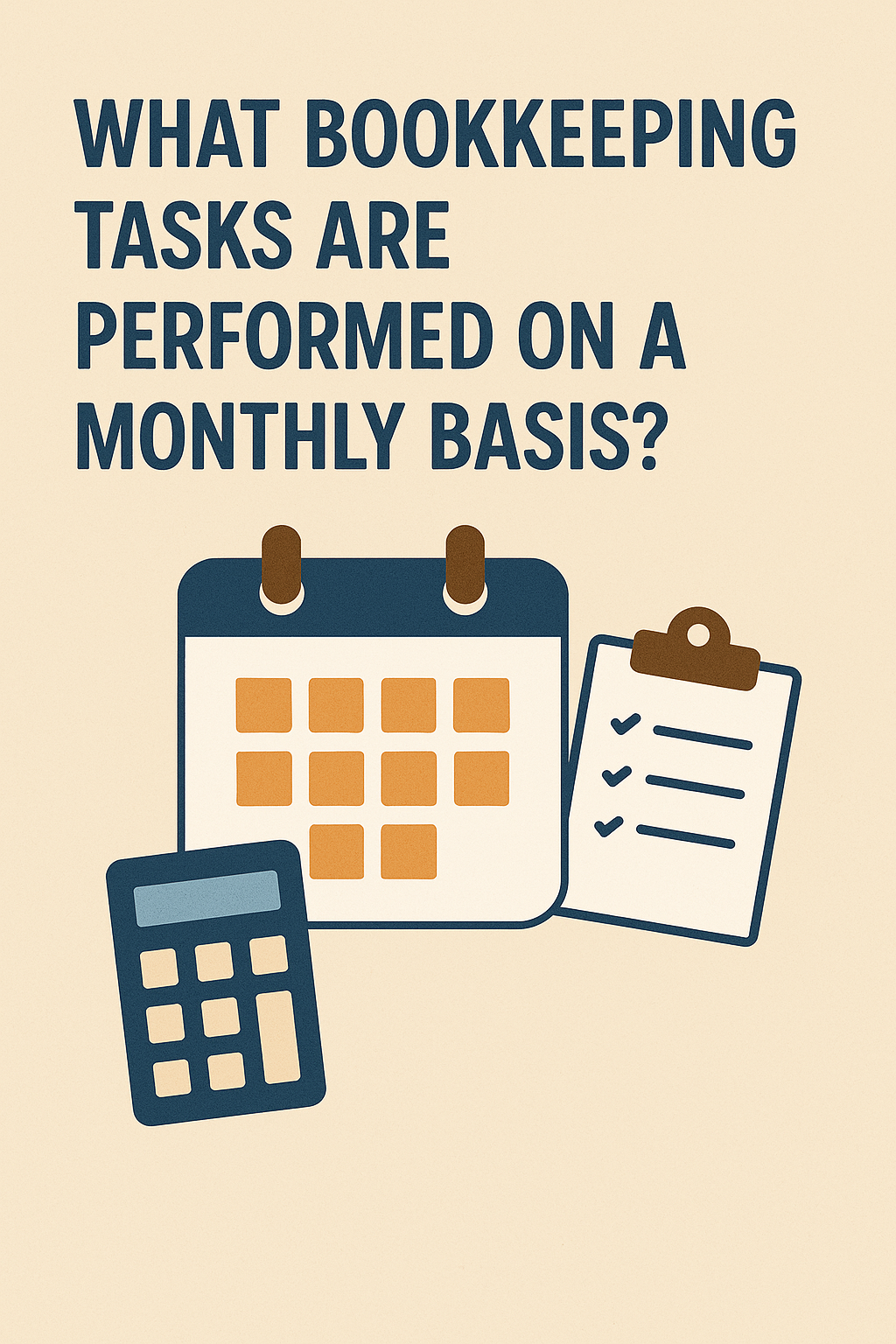Let’s be honest—taxes can feel like a mysterious jungle of forms, rules, and deadlines. It’s no surprise that over time, a few tax myths have taken on a life of their own. Whether you’re filing taxes for the first time or you’ve been doing it for years, you’ve probably heard things like, “Getting a big… Read More
If you’ve ever peeked at a company’s financial statements and found yourself wondering what a “Statement of Cash Flows” is all about, you’re not alone. While the income statement and balance sheet get most of the attention, the statement of cash flows quietly plays a crucial role in understanding a company’s actual financial health. In… Read More
The stock market can be a rollercoaster—exciting on the way up and stomach-churning on the way down. When prices drop and headlines start screaming about crashes, it’s easy to feel that sinking feeling in your gut and wonder, “Should I pull everything out now before it gets worse?” Before you do anything drastic, take a… Read More
For many, retirement accounts represent years of careful planning, saving, and discipline. Whether it’s a 401(k), IRA, or another retirement savings vehicle, these funds are designed to provide financial security in your golden years. But life happens—and sometimes, you may find yourself tempted or forced to consider an early withdrawal. Before tapping into these funds,… Read More
Running a successful business isn’t just about selling great products or offering excellent services. It’s also about managing your finances effectively, and that’s where a bookkeeper comes in. Many business owners try to handle bookkeeping themselves, but as a business grows, financial management becomes more complex. A professional bookkeeper can be a game-changer, helping to… Read More
Let’s talk about the B word. No, not Bitcoin or brunch—we’re talking about budgeting. I know, I know. “Budget” can feel like a financial straightjacket. You might be thinking, “Budgeting means I can’t spend money on fun stuff anymore.” But here’s the twist: a personal budget doesn’t restrict your spending—it gives you the freedom to… Read More
Let’s be real: no one wants to get that dreaded letter from the IRS that starts with “We’ve selected your return for further review.” Yikes. An IRS audit is basically the financial version of being called to the principal’s office. Even if you haven’t done anything wrong, it can still be stressful, time-consuming, and, honestly,… Read More
Keeping up with bookkeeping is essential to running a successful business, and consistency is key. While some bookkeeping tasks are done daily or annually, there are several important tasks that should be completed on a monthly basis to keep your financial records accurate and up to date. Let’s walk through the key bookkeeping tasks you… Read More
Let’s face it—being a small business owner is kind of like juggling flaming swords on a unicycle… blindfolded. Okay, maybe not that dramatic, but it is a constant balancing act, especially when it comes to managing personal finances. Between irregular income, business expenses, and trying to save for your future, it’s easy to feel overwhelmed.… Read More
When wealth is transferred—whether during life or after death—there are tax implications that can significantly impact both the giver and the receiver. Three terms that often come up in this context are gift tax, estate tax, and inheritance tax. Although they’re related, each one applies in different ways, at different times, and to different people.… Read More











